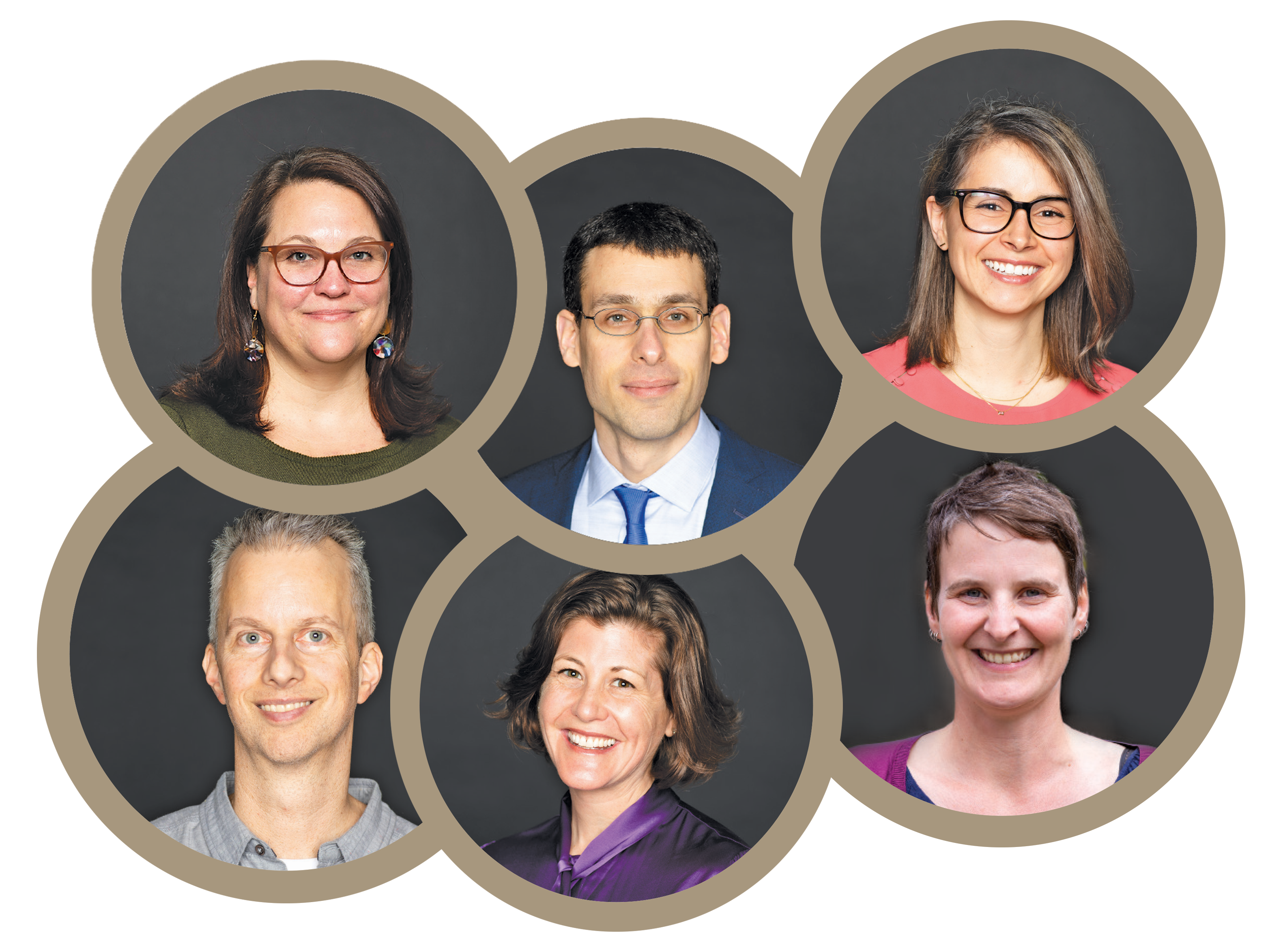
GOOD,
BETTER,
BEST!
GOOD,
BETTER,
BEST!
GOOD, BETTER, BEST!
Meet the 2022 Distinguished Teaching Award winners.
By Caitlin Klask | Photos by Mark Stone | June 2022 issue
They garden, they read, they cook and they dream of becoming dentists. Teachers: They’re just like us! But these six are the cream of the crop.
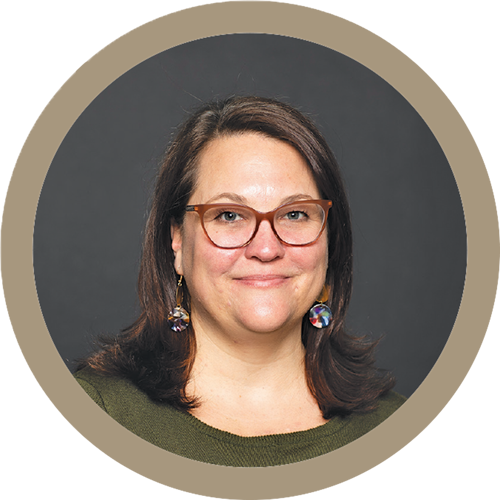 Stefanie Iverson-Cabral
Stefanie Iverson-Cabral
Assistant Teaching Professor, UW Bothell
Specialty: Microbiology, Infectious Diseases and Global Health, School of Nursing & Health Studies
Her post-pandemic dreams: Traveling, eventually. “At this point, just going out to dinner would be a real treat.”
Hobbies outside of the classroom: Crocheting, gardening, walking and visiting museums.
What she’s reading: The “Bridgerton” books. “The author’s husband is an infectious disease doctor that I had rotated in a lab with.”
Her dream career as a child: “Oh, it is varied. My mom will tell the story that the very first thing I said I wanted to be was a crossing guard.” Other ideas included a costume or set designer for period pieces.
Something she finds surprising: “Something I find myself telling [students] a lot lately is that college is hard. College is challenging, and that’s even at the best of times. It became so clear that they’re so incredibly resilient. Especially our students at UW Bothell, who [at the beginning of the pandemic] were those first responders, the paramedics taking care of the outbreak and transporting the patients from the Life Care Center. Our students are the nurses who are working in those COVID clinics. And then, on top of that, they all had family responsibilities, and the stress and the trauma that we’re all experiencing, and yet they still showed up.”
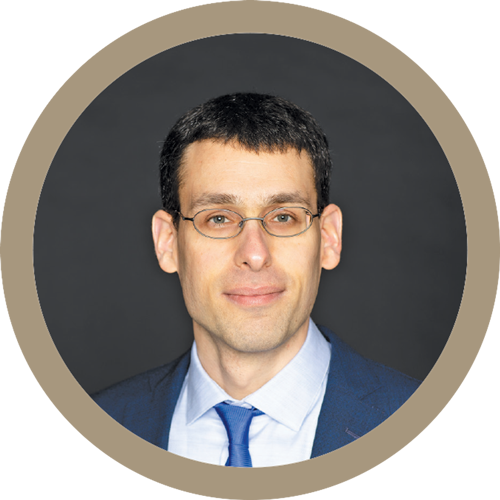 Samuel Jaffee
Samuel Jaffee
Associate Teaching Professor, UW Seattle
Specialty: Spanish and Portuguese Studies, College of Arts & Sciences
Favorite place in the world: The Andean Region—Peru, Colombia, Ecuador.
What meal he’s cooking: Ash-e Reshteh, a Persian stew.
What kind of student was he? “I was a curious reader … and yet I seldom spoke and I often fell asleep in class. I think it’s good for students to know their professors were not always the best students in the room, and yet here we are. They still have a bright future ahead of them.”
Two people he’d invite to Kane Hall: Junot Diaz, who won the Pulitzer Prize for fiction, and Ruth Behar, an anthropologist, poet, historian and community champion.
What he’s (re)reading: “Dance Dance Dance” by Haruki Murakami. “I really like the way he has such a deep understanding for his characters … By the time you’re done, you feel like you’ve gotten to know the whole person.”
How he fosters discussion in class: “I like to leave space. If you don’t fill all the space with your own voice and your own ideas, [students] are going to be filling that space. I try not to be overbearing and leave students to come to their own conclusions and ask their own questions. I try to support unstructured discussion in a structured way, giving it a theater for unstructured ideas.”
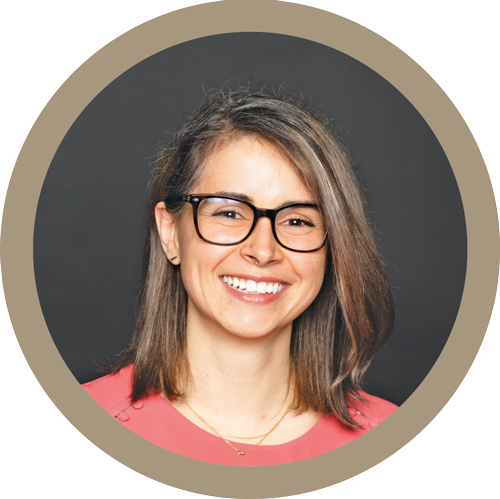 Ines Jurcevic
Ines Jurcevic
Assistant Professor, UW Seattle
Specialty: Social Psychology and Public Policy, Evans School of Public Policy & Governance
Her mentors: Jenessa Shapiro at UCLA, Cheryl Kaiser at the UW and Sophie Trawalter at the University of Virginia.
Hobbies outside the classroom: Cooking (veggie enchiladas) and gardening (flowers and strawberries).
Her ideal career as a child: “I really wanted to be a dentist, because they always make people smile.”
Her pets: Two black cats named Rafiki Bombardier and Calypso Java Kelly.
What she’s reading: A potty-training book for her toddler and “The Wheel of Time”
(in “The Eye of the World” series).
Her reputation: Tricking her students. “I keep students on their toes in terms of the demonstrations that I do. I’m putting you in positions where you’re probably going to make the wrong, less-desirable, less-preferable choice. And then we’re going to talk about why.”
Something she finds surprising: “The amount of resilience our students have had. They have done more than we reasonably should have asked or needed to ask, anything we could have expected of students, especially in the past two years. [I have] a real appreciation for their ability to show up in the classroom every single week and engage with each other in a really productive way. We’re all trying, right? In whatever role we’re in.”
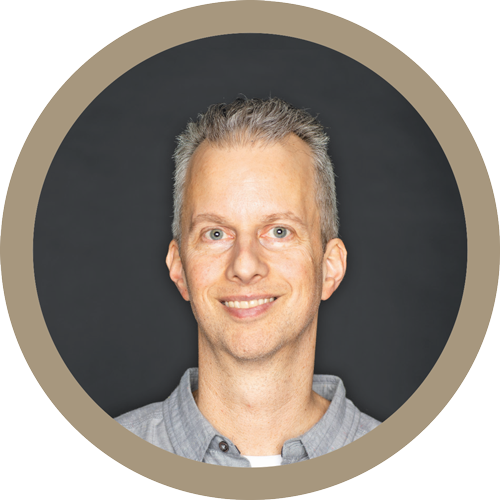 Adam Leaché
Adam Leaché
Professor, UW Seattle
Specialty: Biology, College of Arts & Sciences
When he’s not in the Life Sciences building, you’ll find him: Behind the glass walls of the Burke Museum, working as the genetic resources and herpetology curator.
Hobbies outside the classroom: Surfing, “but mostly dreaming of surfing, since it’s not an option in Seattle.” He also builds models of remote-control cars, LEGOs and more with his kids.
Career aptitude tests told him: He’d be a bus driver or a systems analyst.
Someone he’d like to see at Kane Hall: Julie Stein, the newly retired Burke Museum executive director. “She’s an inspirational teacher and leader.”
A revelation during quarantine: “Early on during the pandemic, I discovered I could turn off my Zoom camera and multitask during meetings. That was a joyous moment.”
Former occupations: “Shipping clerk, grocery bagger, hotel doorman and clerical assistant, to name a few.”
Favorite books: “Dune,” “The Lord of the Rings.”
A classroom observation: “Students are capable of producing high-quality work when you give them the right tools, but the most rewarding part is when they combine their new skills with their personal creativity. This is when the most exceptional work materializes.”
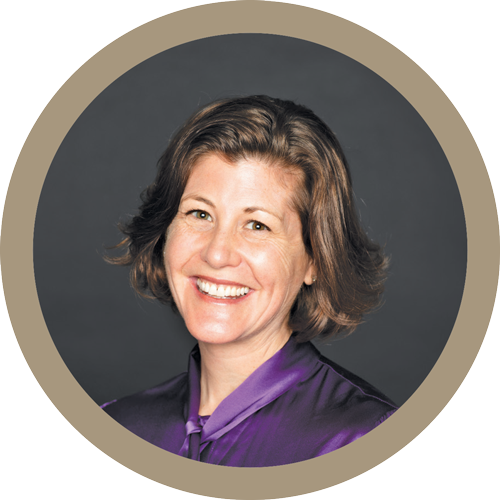 Mikelle Nuwer
Mikelle Nuwer
Senior Lecturer, UW Seattle
Specialty: Oceanography and Marine Sciences, College of the Environment
UW student since: 1995! She’s a triple Dawg with a B.S. (1999), M.S. (2004) and Ph.D. (2008), all in oceanography.
Someone she admires: “I am kind of a fangirl of President Cauce.”
Her classroom method: “I approach teaching as a scientist looking for observations and trends and patterns and evidence.”
Her personality in school: “Being a good student was my identity, and I was very serious about it. And the worst part is that my poor oldest son has picked some of this up! Don’t worry, he’s in therapy for it.”
Two people she’d invite to Kane Hall: Eddie Vedder and Martha Graham.
Her favorite hobby: “I like long walks on the beach. My favorite place ever is probably Whidbey Island, at the Double Bluff dog beach.”
Something she picked up during quarantine: “We got a book about stairways in Seattle,
so we went exploring all the different stairway walks in our city, which are amazing.”
Advice for women in science, technology, engineering and math: “Research is slow and not immediately rewarding. And always frustrating. It’s hard work. What sets you apart is the amount of work you are willing to put in. Work hard, find your people, lean on them. And don’t be afraid. You are going to make mistakes.”
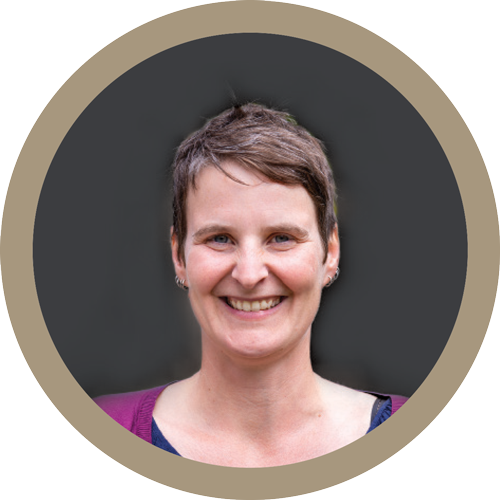 Claudia Sellmaier
Claudia Sellmaier
Assistant Professor, UW Tacoma
Specialty: Social Work and Criminal Justice
Outside the classroom, you might find her at: Priest Point Park, the Olympia farmers market or a Berlin nightclub.
Her dog’s name: Jack. “He’s very cute. That’s why I keep him.”
Former occupation: Cook.
What she’s reading: “I like to read my German novels before bed. That’s my ‘shutting down’ kind of literature.”
A few people she admires: Dr. Erin Casey, Dr. JaeRan Kim, Dr. Janice Laakso, and (of course) Sinead O’Connor.
What’s different about her classes? Students practice real-world advocacy with organizations like the National Association of Social Workers, Planned Parenthood, the National Alliance on Mental Illness, Washington Low Income Housing Alliance, Statewide Poverty Action Network, Interfaith Works and with various legislators in Olympia.
Something she finds surprising: “Students showing up and getting totally engaged. They’re not just like, ‘OK, I need to do these four things to pass the class,’ but they take the material and really run with it. And I then hear, ‘My letter to the editor got published in The Seattle Times!’ Or, ‘I developed this training!’ I shouldn’t be surprised anymore, but it’s always exciting to see. They really did all of that. And not for grades, but because they know it’s important.”